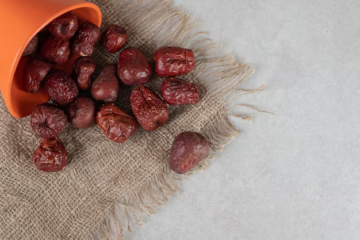Embracing the cozy rituals of winter, such as snuggling under warm blankets and sipping hot chocolate, brings joy but also potential health challenges. The colder months often usher in weight gain and reduced physical activity, factors that can take a toll on heart health, with the heightened risk of heart attacks being a notable concern acknowledged by experts.
Dr. Akash Shah, a seasoned Consultant Pathologist at Neuberg Supratech Reference Laboratories, elaborates on the winter-specific factors contributing to an increased likelihood of heart attacks. The cold weather’s impact on blood vessels, leading to heightened blood pressure and strain on the heart, coupled with reduced physical activity contributing to weight gain and elevated cholesterol levels, underscores the need for heightened awareness during this season. Moreover, the winter season frequently witnesses a surge in respiratory infections, potentially triggering inflammation and placing additional stress on the heart. Dr. Shah underscores the importance of maintaining an active lifestyle, adopting a heart-healthy diet, and staying warm to counteract these potential risks effectively.
In the realm of heart attack prevention, Dr. Shah advocates for a holistic approach to a heart-healthy lifestyle. This includes regular exercise, a well-balanced diet low in saturated fats and high in fruits and vegetables, smoking cessation, moderate alcohol consumption, stress management practices, and consistent health check-ups. Specific diagnostic tests, such as cholesterol blood tests, blood pressure measurements, electrocardiograms, stress tests, coronary calcium scores, and C-reactive protein tests, serve as valuable tools to assess individual heart attack risks.
Recognizing the warning signs of a heart attack is paramount. Dr. Shah outlines symptoms such as chest pain or discomfort, shortness of breath, nausea, and cold sweats. Atypical symptoms like indigestion or extreme fatigue may also manifest. Early intervention, Dr. Shah emphasizes, plays a crucial role in minimizing damage to the heart muscle.
In the comprehensive guide to heart attack prevention, Dr. Shah outlines key do’s and don’ts. The affirmative actions encompass maintaining a healthy diet, regular exercise, blood pressure control, smoking cessation, stress management, limited alcohol intake, and ensuring adequate sleep, all contributing to a robust heart health regimen. Conversely, the cautionary measures advise against overindulging in sugary foods, succumbing to a sedentary lifestyle, excessive salt intake, disproportionate alcohol consumption, and ignoring potential symptoms.
This nuanced and informative approach serves as a valuable resource for safeguarding heart health during the winter season and throughout the year, encouraging individuals to adopt proactive measures for their well-being.



